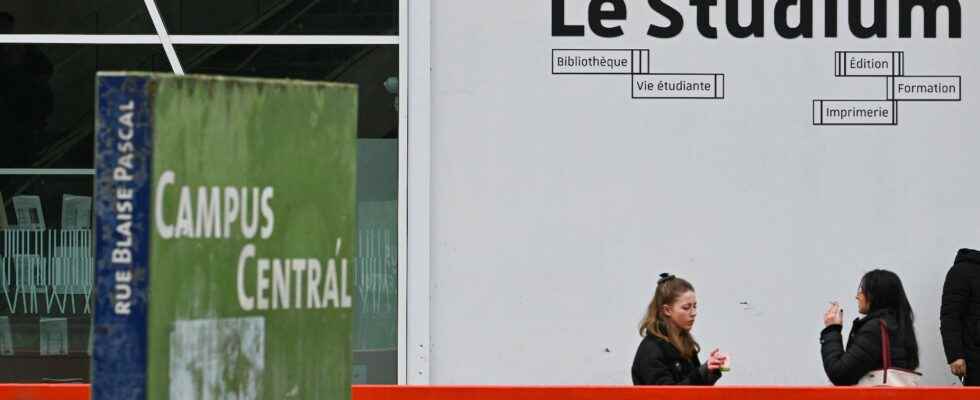According to the press, the “MacGyver” spirit is triumphing in Ukraine. Part of the resistance’s undeniable military successes came from the local do-it-yourself genius. Everyone hacks commercial drones or 4x4s to make weapons; civilian software is reprogrammed to divert it from its function; we use smartphone applications and photos taken on the sly to guide keystrokes; we find a way to link the information collected by citizens to military intelligence and the field forces… Everyone fights with what they have at hand. The power in place does not reject this contribution. Both organize themselves on the job with what they have, emphasizing cunning and responsiveness. We don’t forbid ourselves almost anything and, if we judge by the result, it works overall like a Swiss watch…
Let’s dream a little. Why not take an example? If it is demonstrated that we can do such complicated things as well, as quickly, in such an enthusiastic spirit of participation, without bothering with bureaucracy and letting people come with what they have, as they are, without a priori negative, it is without doubt that we should take some seed.
Especially since we have already shown comparable skills. At the height of the Covid epidemic, diving masks were used in intensive care units to connect respirators to them where there was not enough medical equipment. I have heard many hospital practitioners say that at that time they did much better medicine than usual because the administration left them alone. No one was concerned anymore with the reference frameworks, the accounting standards and the rules of public procurement. We were just trying to heal people…
The university spends 20% of its time producing knowledge
A good and troubling question is whether we shouldn’t free up the energies of the country for good by removing most of its legal and administrative obstacles. Not new yet. François Hollande, for example, had wanted to subject France to a boosted “shock of simplification”. But even where ambitious and sometimes clever measures have been taken, no one has succeeded in reversing the trend. We remain a tremendously standardized country, which never stops adding new whales to its corset. The university, which I know a little about, deserves to be given as a foil in this respect: we now spend 80% of the human brain time available there managing technocratic foam and 20% producing soap, that is i.e. knowledge. It is appalling.
In short, it is tempting to say that, to really change things, it would be necessary to take radical measures: cut the fat, abolish entire heaps of rules and procedures, eliminate thousands of more or less parasitic functions….
Get unchained, not get unchained
That is. Up to a point, I like the idea. But I would still like to point out that this legal-institutional gangue was not born by accident and that, in this area, we have exactly what we wanted. After all, these procedures, these checks, these professions, these agents are all there, without major exceptions, to respond to a request which is not only that of the public authorities, but also (and perhaps primarily) the our. All of this has been done, from floor to ceiling, to serve the interests and protect the values in which we strongly and often passionately believe: the environment, consumer safety, health, the proper use of public funds, the fight against corruption and tax evasion, solidarity, transparency, competition, ethics, quality of urban development, heritage protection, etc.
It would be better, on these things, not to advocate a clean slate if we want to remain more or less civilized. This country obviously needs to carry out far-reaching reforms, remove many shackles, model itself on what works better elsewhere, change software where necessary… Still, it is necessary not to believe that it is easy, and therefore not lose sight of the reasons, often serious, which had put constraints in place. To put it another way, France badly needs to unchain itself; not to rage.
